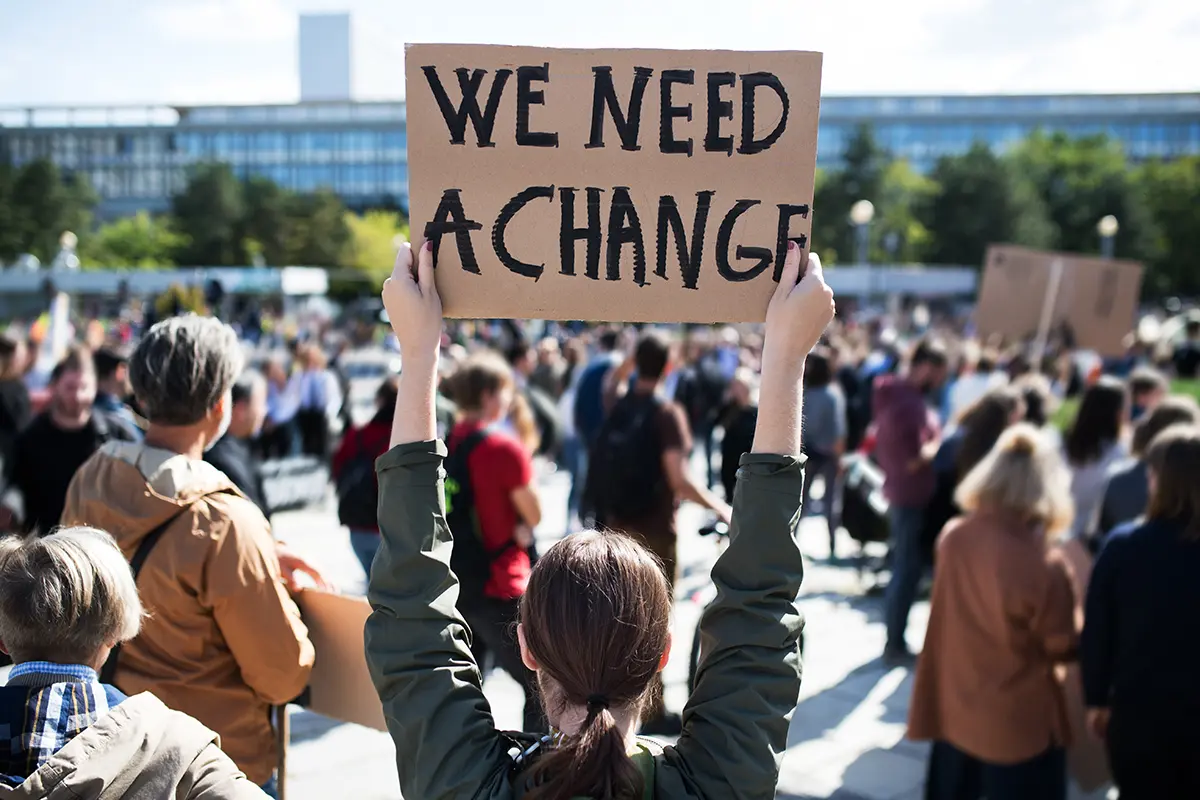As many readers will already know, the UK is fast approaching its next general election on 4 July 2024.
This will, however, be one of the most significant general elections to date, particularly with the Labour Party expected to pounce at the opportunity to knock the Conservatives out as the governing body, a position the traditionally right-wing part has held since 2010. Equally, there are opportunities for the Liberal Democrats, Green Party and the newly formed Reform UK parties to gain seats in the Commons – and each has varying perspectives on the climate crisis.
The general election will also greatly influence the direction of the UK’s net zero journey. The next governing party is expected to stay in office for five years, securing a core term for decarbonising the British power system by 2035. Because of this, the 2024 general election has seen energy policy become a key pillar of manifestos. Many label it a “weaponisation of the energy sector, ” and parties are warring with words over implementing prospective perspectives on the climate crisis strategies. Each, of course, has taken a unique route over its energy policy.
The next governing must ensure the country has the correct market credentials, a forward-thinking planning system, and that investment opportunities are ripe to achieve net zero.
The Conservatives vs Labour
The left-wing Labour and right-wing Conservative parties have traditionally been the largest political parties in the UK. Each has pledged support for attaining net zero and promoting renewable energy generation projects, but they differ in the extent of their support.
We are MCS Certified Solar Panel Installers. See more information on Solar Panels.
Click for more information on Battery Storage.
For more information on Solar Panels and Battery Systems contact Tanjent Energy.
Read more: Current+






